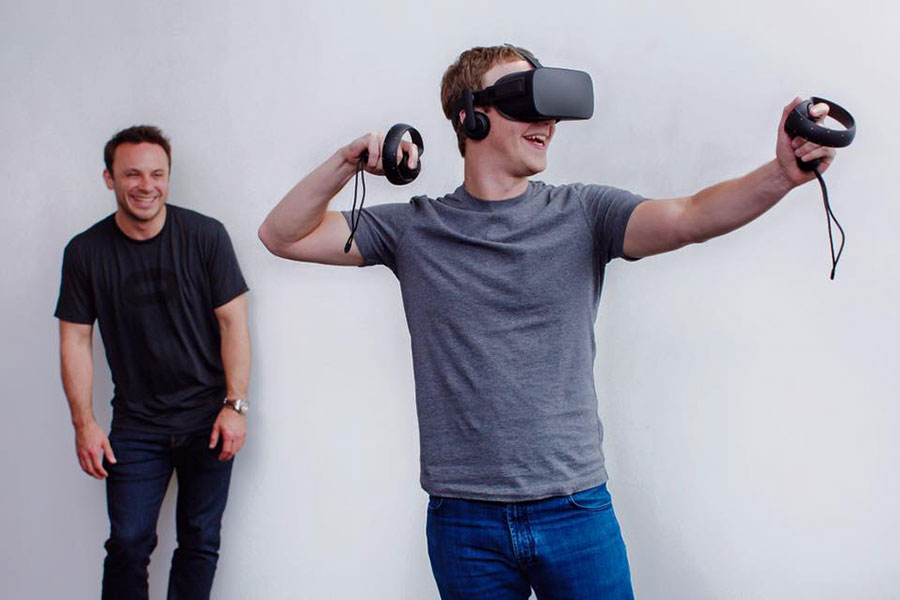According to recent declarations from Facebook CEO Mark Zuckerberg, when the social network bought the virtual reality headset maker Oculus back in 2014, the transaction cost $3 billion, and not $2 billion as the company itself announced.
The price discrepancy was clarified by Zuckerberg while he was declaring in a court deposition in Texas this Tuesday. According to Facebook CEO, the extra money was oriented to retention bonuses and other several incentives.

Back in 2014, Facebook reported that it had bought Oculus for $2 billion, while it added an “an additional $300 million earn-out in cash and stock based on the achievement of certain milestones.”
Oculus is a virtual reality company that only had two years operating when Facebook acquired it. His founder, Palmer Luckey, has 19 years-old and was able to initiate the company through Kickstarter.
Soon after Luckey presented its original headset device, Zuckerberg, and his directives approached Luckey to make a transaction.
Even when Zuckerberg was declaring for the trial deposition, he had time to speak regarding the virtual reality market and its vision for the future.
“I don’t think that good virtual reality is fully there yet. It’s going to take five or 10 more years of development before we get to where we all want to go,” Zuckerberg said while he was wearing an unusual suit and tie.
Why is there a trial in the first place?
The video game developer and tech company Zenimax Media is accusing Oculus of “misappropriation of Virtual Reality (VR) intellectual property,” according to an official statement. The statement also issues that the presented evidence shows the theft of confidential information that includes computer codes.
One of the principal contradictions presented in this case is the fact that former Zenimax Media developer John Carmack, who started working in Oculus in 2013, was granted permission that conceived the assistance to the company to create and improve Luckey’s existing technology.
Facebook has denied any of Zenimax Media accusations as Zuckerberg has stated that Oculus products are not based on someone else’s technology. Facebook is confident regarding Oculus posture as they have assured that Oculus used only its original computer codes and technical mechanisms for the development of several devices.
If Facebook loses this trial, it could face more than $2 billion worth of damage payment to Zenimax Media. However, according to the New York Times, Zuckerberg is not taken this trial very seriously, as he thinks Zenimax’s allegations are not that credible. He even said that this process is not going to take him a lot of time or money.
Currently, there is a high expectation concerning the virtual reality market within the technologic world. Even when virtual reality headsets are not selling well (because of its price or limited content), Facebook and other companies are confident about the sustainability of that particular market.
Several companies have started working in this field. For example, Google has presented its Daydream platform and Samsung premiered its Samsung’s Gear VR device, which uses smartphone technology as a projector for a better experience. Microsoft also announced its Hololens, a headset that uses the hologram technology with interactive programs and applications.
Source: NYT
